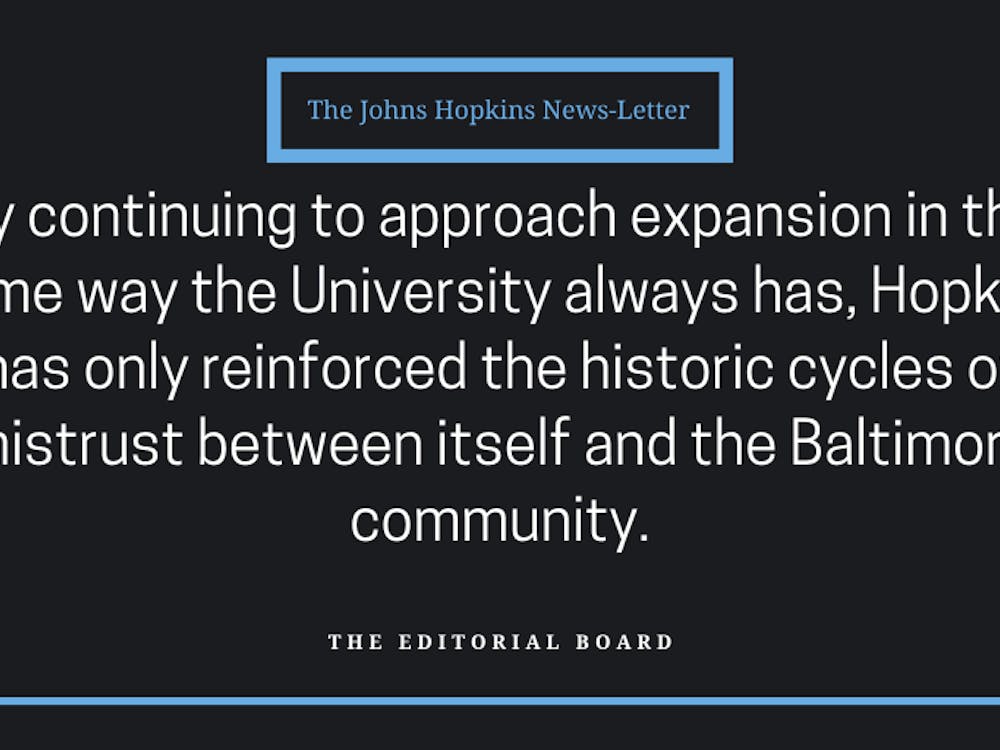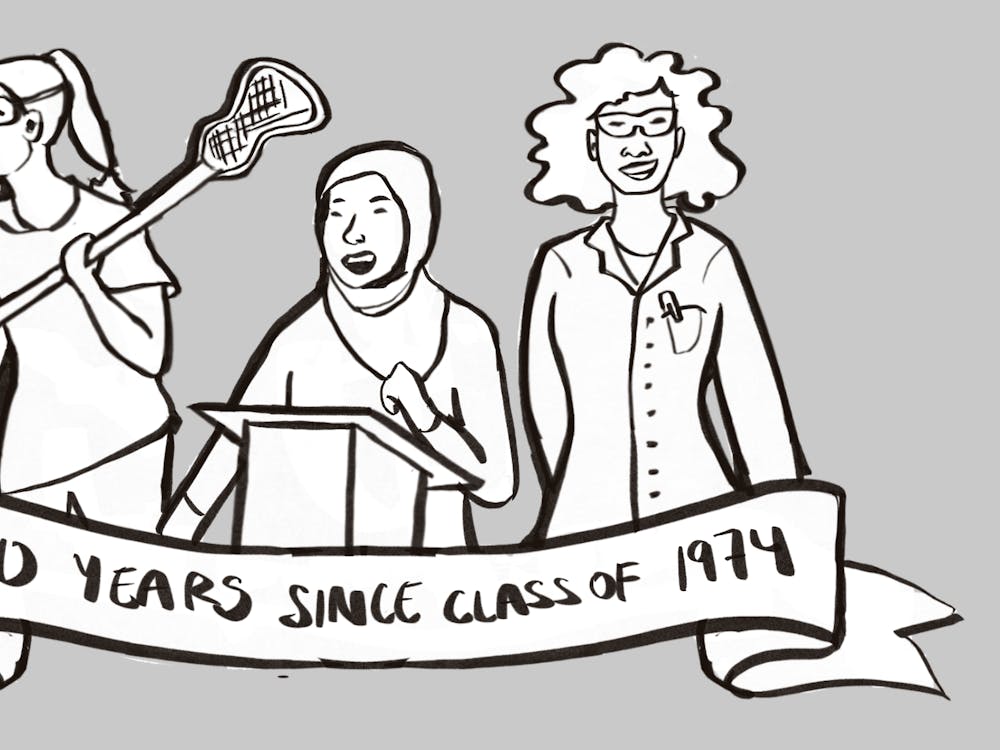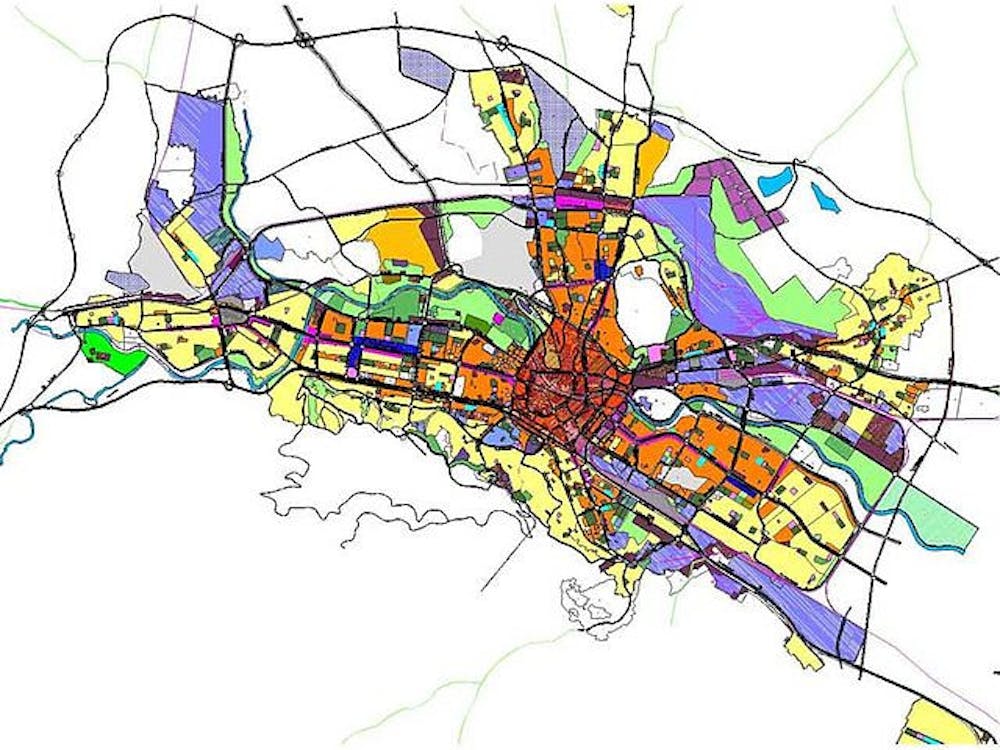Here’s a list of things I will never understand: calculus, cilantro-haters, people that think it’s okay to walk slowly down narrow pathways in large groups. And yet, among this already comprehensive list of daily grievances, there is one that sticks out far more than any others, one that happens to be quite a familiar occurrence among college students these days — the insistence of our generation to remain aloof online.
Picture this: You’ve met somebody you’re interested in, and they seem to reciprocate the feeling, so you get their number. You’ve been thinking about them. You reach for your phone to send them a text, but something stops you. Wouldn’t texting them right away be clingy? It’s not like you actually care about them. I mean, you do, but they shouldn’t know that, right? You decide to wait three days and eventually text them a simple, “hey.” You feel like that was the right thing to do, but you really feel unfulfilled. What was the point of that aloofness?
You must wait to respond to their Snapchat. You can like their Facebook profile picture but only a couple hours after they’ve updated it.
Somewhere along the way, these arbitrary rules established themselves as fact. Any violation of these rules, and suddenly you’re out of line — you’ve broken that facade of aloofness, and now the person you’re talking to knows that you’re thinking about them, you’re looking forward to talking to them and that you’re engaged in their lives. When you step back and evaluate this whole ritual, the absurdity of it all is indisputable. If you’re talking to someone in the first place, some level of attachment has been established already. What’s the point in trying to diminish this? What’s the point of appearing so aloof that the other person begins to question the level of interest?
This veil of detachment backfires as people grow more and more convinced of the other party’s indifference. Waiting to text back ends up complicating relationships that could otherwise be very simple and enjoyable, but more than that, having a culture in which we all feign disinterest in one another not only impairs relationships but also fosters inevitable systematic loneliness.
Multiple sources, including Forbes and Psychology Today have asserted that our generation is the loneliest group currently alive. Their arguments are mostly centered around FOMO or the fear of missing out. Social media, they assert, creates unreasonably high expectations for how our lives are supposed to look, and so we all feel inferior compared to what we see online.
I would take the argument even further. We are lonely because others’ lives appear better than our own, yes, but especially so because we turn around and refuse to acknowledge that we are lonely. Instead we all play into the illusion of business and indifference and aloofness. We crave meaningful human interactions but then refuse to show it. Why? Because we want to play into the societal norm of not actually caring when perhaps we should. Continuing in this culture of “too cool for you” is detrimental to every participating member. We should embrace the opportunities we do have to connect.
If you like someone, you should tell them. If you miss them or love them or want to be with them, you should tell them. If you like the way they wear their hair or if you enjoyed talking to them that one time at a party or if you’d like to spend more time with them, you should tell them. These small moments of vulnerability will ultimately create relationships that are more simple, that are more connected and that are more freeing.
Nicola Sumi Kim is a freshman majoring in Global Environmental Change and Sustainability and Writing Seminars. She is from London.























Please note All comments are eligible for publication in The News-Letter.